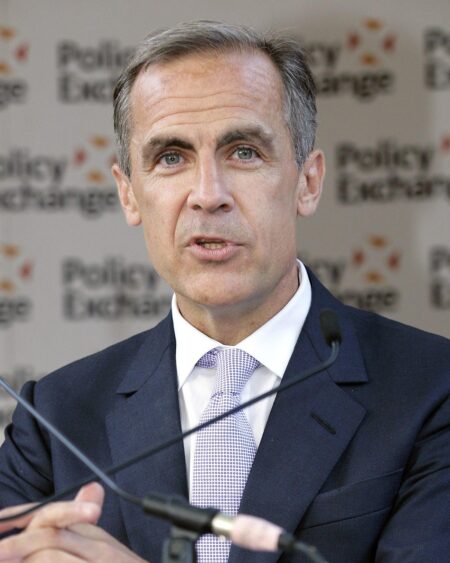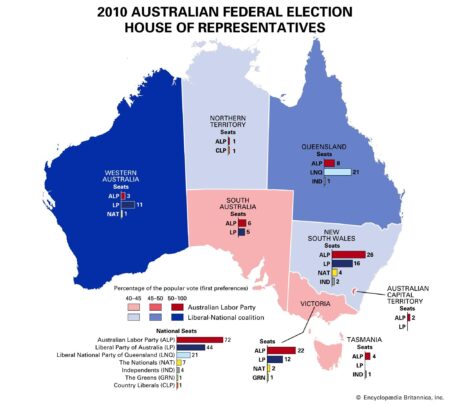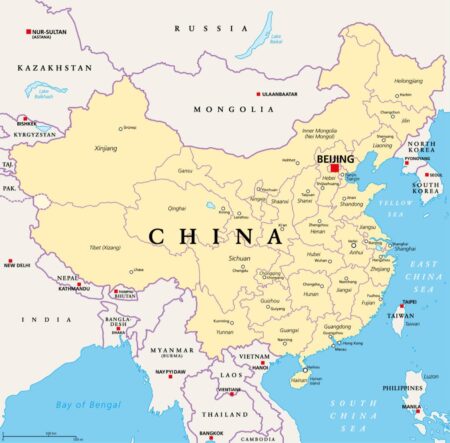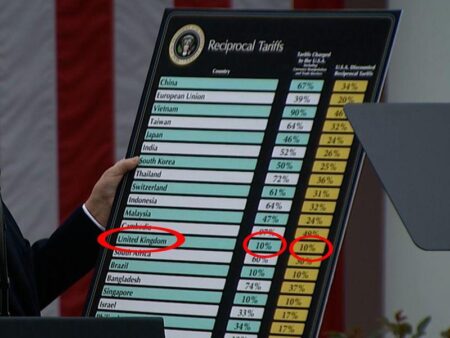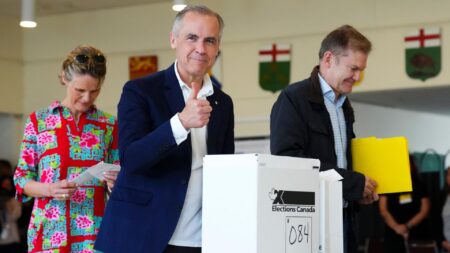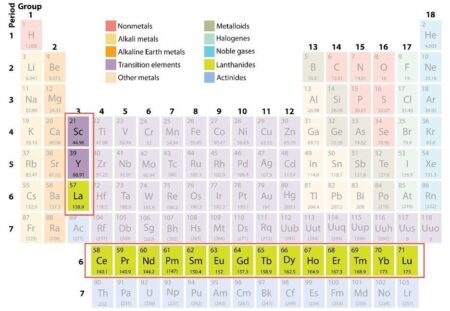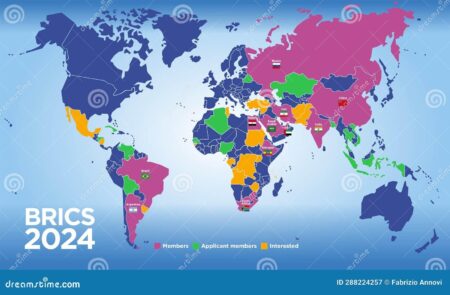As former Bank of Canada Governor Mark Carney gears up for his meeting with Donald Trump, he’s in for a dynamic exchange filled with economic insights and potential policy debates. Expect lively discussions on crucial topics like trade, climate change, and the ever-evolving global financial landscape as both leaders tackle the intricate challenges facing our world today.
Browsing: finance
Exciting news is on the horizon! Exclusive reports indicate that Deutsche Bank’s asset management division, DWS, is in talks with Japan’s Nippon Life to forge a dynamic joint venture in India. This collaboration seeks to bolster their foothold in the booming Indian financial market, tapping into its immense potential for growth.
Brisanet’s Bold Move to Expand
Brisanet, a dynamic player in the Brazilian telecommunications landscape, is gearing up for an exciting bond sale designed to fuel its ambitious expansion plans. This strategic initiative highlights the surging investor confidence in Brazil’s thriving telecom sector, driven by an ever-growing demand for seamless connectivity.
Japan’s Finance Minister Kato has proposed an intriguing idea: the nation’s substantial holdings of US Treasury securities might just become a powerful bargaining chip in trade negotiations. This bold statement highlights Japan’s strategic maneuvering as it navigates the complex landscape of economic discussions with the United States.
Westpac Banking Corp has unveiled a lackluster profit report, leading to a dip in its share prices. This revelation comes as the bank raises alarms about escalating global trade risks. The announcement not only reflects worries about economic stability but also shakes investor confidence across the financial sector.
Brazil’s corruption scandal has taken a dramatic turn with the recent resignation of the Social Security Minister, who is embroiled in serious allegations of widespread fraud within the pension system. This shocking development has ignited a firestorm of concern regarding governmental transparency and accountability, as investigations unfold and more details emerge.
Brazil Potash Corp. is gearing up to make a splash at major mining and agriculture investor conferences, seizing the opportunity to connect with stakeholders during a time of heightened scrutiny regarding its financial health. The company is proactively tackling qualifications that may influence its future endeavors.
As Australia gears up for its upcoming election, experts are buzzing with excitement over the potential outcome. Regardless of which party claims victory, there’s a strong belief that pro-crypto laws will soon be on the horizon. This anticipated legislative shift underscores a remarkable transformation in how cryptocurrency is viewed within the economy.
China’s bold gold-buying spree has captured global attention. In a time of economic uncertainty and currency fluctuations, Beijing is on a mission to strengthen its financial stability and lessen its dependence on the U.S. dollar, all while establishing itself as a powerful contender in the international market.
In a surprising turn, former President Donald Trump’s economic policies have contributed to a resurgence of Japan’s yen. With strategic trade negotiations and a focus on reshoring manufacturing, the yen is experiencing renewed strength against the dollar, raising optimism in Tokyo.
Amid the rising trade tensions sparked by Trump-era tariffs, Mark Carney passionately champions a united G7 strategy to combat protectionist measures. His urgent plea for collective action highlights the critical importance of safeguarding free trade and ensuring global economic stability.
In April, car registrations in France took a notable dip of 5.64%, highlighting a slowdown in the automotive market. Among the most striking developments, Tesla faced a staggering 59.45% plunge in sales, sparking worries about its competitive edge as consumer preferences continue to evolve.
In the wake of his recent election triumph in Canada, Finance Minister Mark Carney is stepping into the spotlight as a dynamic global leader, ready to take on the policies of former President Trump. With a vision for stronger international collaboration, Carney is determined to tackle urgent economic challenges head-on.
Goldman Sachs is making waves in the Asia ex-Japan mergers and acquisitions scene with two pivotal appointments, marking a bold strategic move in the region. These changes reflect the firm’s commitment to strengthening its foothold in Asia’s vibrant and ever-evolving financial landscape
Japan’s Komatsu is bracing for a significant 27% drop in profits this year, a setback they attribute to the rising strength of the yen and persistent tariffs. As global market dynamics evolve, this heavy machinery giant finds itself navigating an increasingly challenging landscape.
Latin Lawyer is thrilled to unveil an exceptional roster of speakers for its highly anticipated M&A conference in Brazil! Join industry leaders and legal experts as they come together to explore the latest trends and tackle the pressing challenges in the dynamic world of mergers and acquisitions. This is a unique opportunity to gain invaluable insights that will empower participants in their professional journeys. Don’t miss out on this chance to connect with the best in the business!
Exciting news for Carrefour! Shareholders have given the green light to the company’s ambitious plan to take its Brazilian unit private. This strategic move is designed to streamline operations and sharpen focus on tailored local market strategies. It represents a bold new chapter in Carrefour’s investment journey in Brazil.
Gina Rinehart, Australia’s wealthiest woman, has built a staggering $800 million portfolio in rare earths. This savvy investment places her at the cutting edge of a rapidly expanding industry that is crucial for technology and green energy. It highlights the surging demand for these indispensable minerals!
BRICS nations are embarking on an exciting new initiative to strengthen the global economy, as revealed by a Brazilian official. This groundbreaking mechanism is designed to boost financial collaboration among member countries, marking a strategic step towards amplifying their collective impact in international markets.
Italy has officially stated that the proposed merger terms between UniCredit and BPM are designed to exclude any support for Russia. The government is committed to ensuring that this financial integration adheres strictly to sanctions and international standards, especially in light of the current geopolitical tensions

